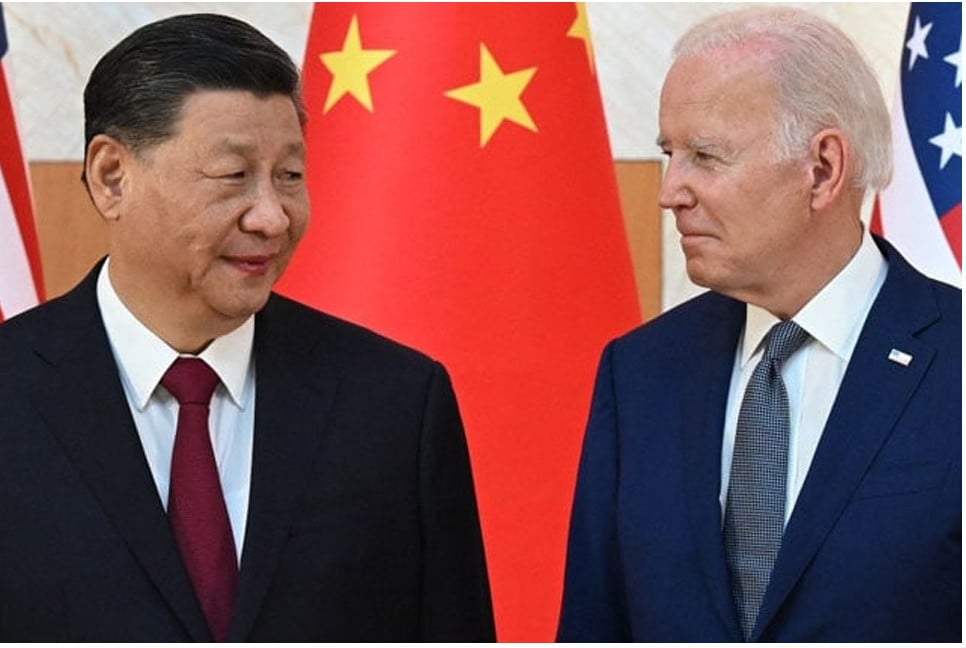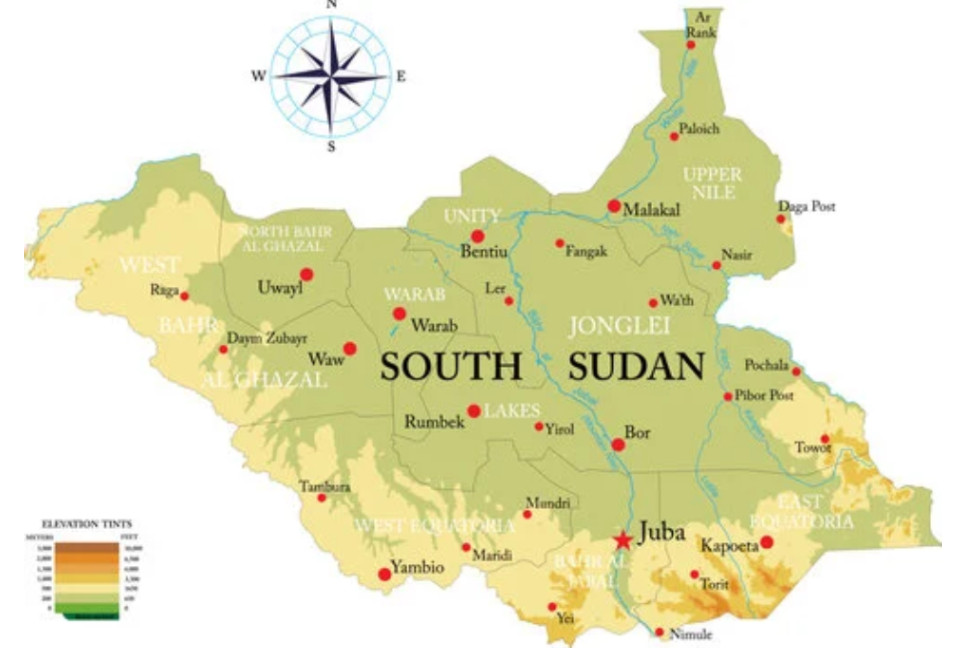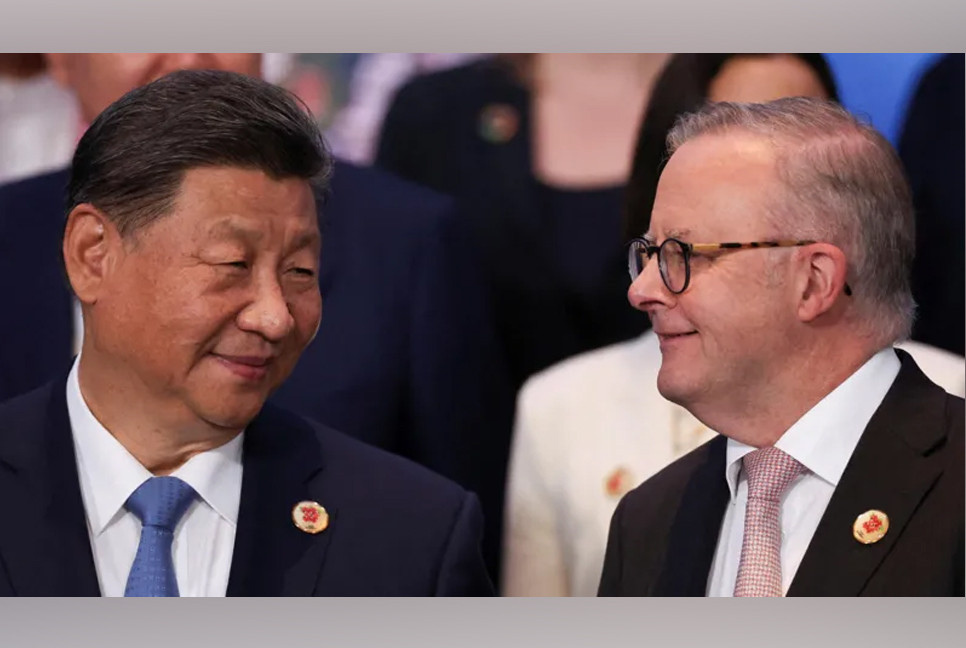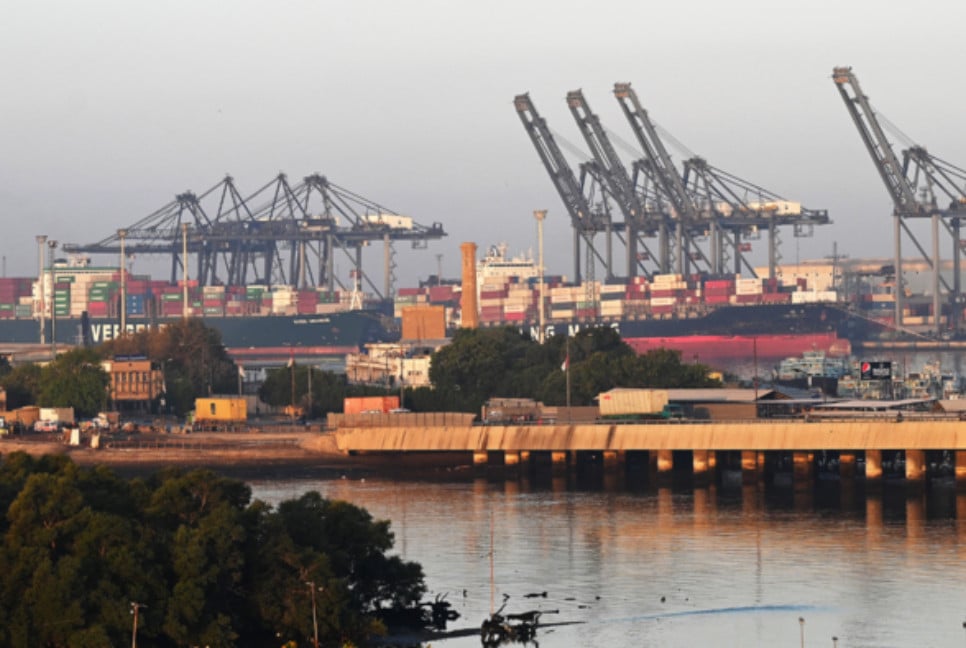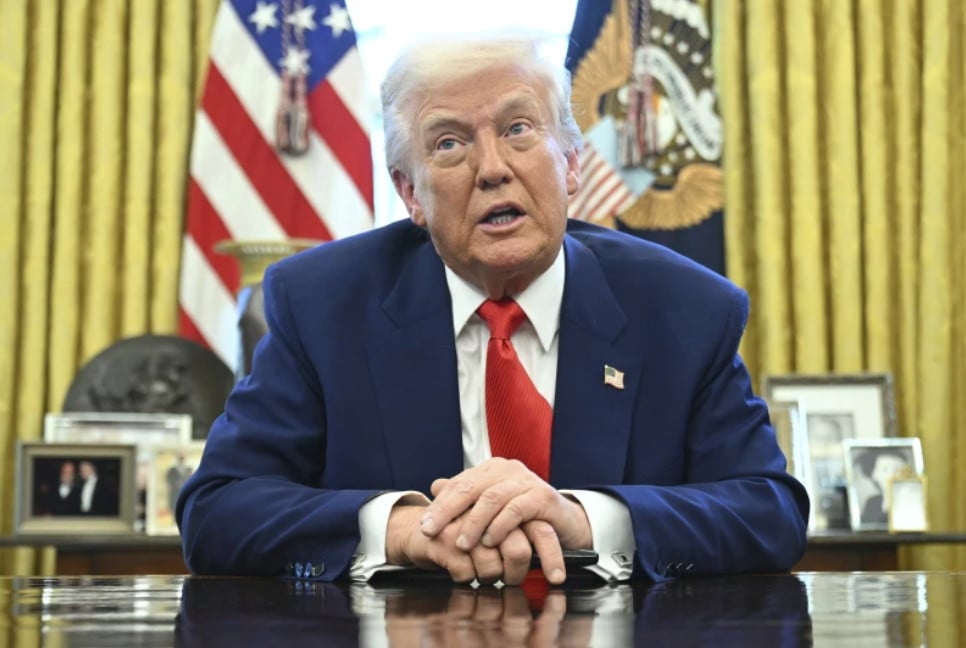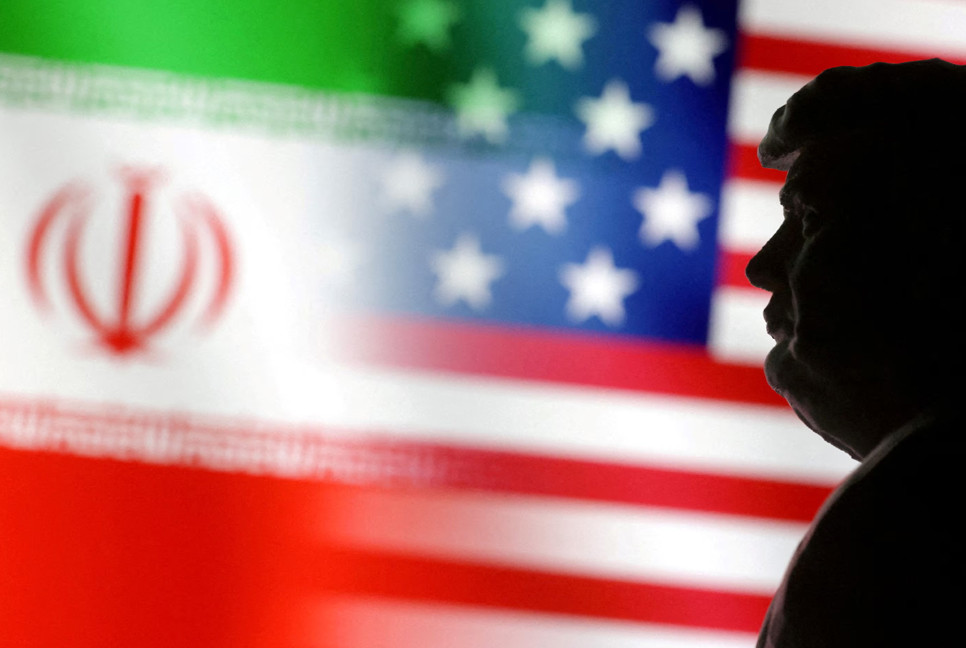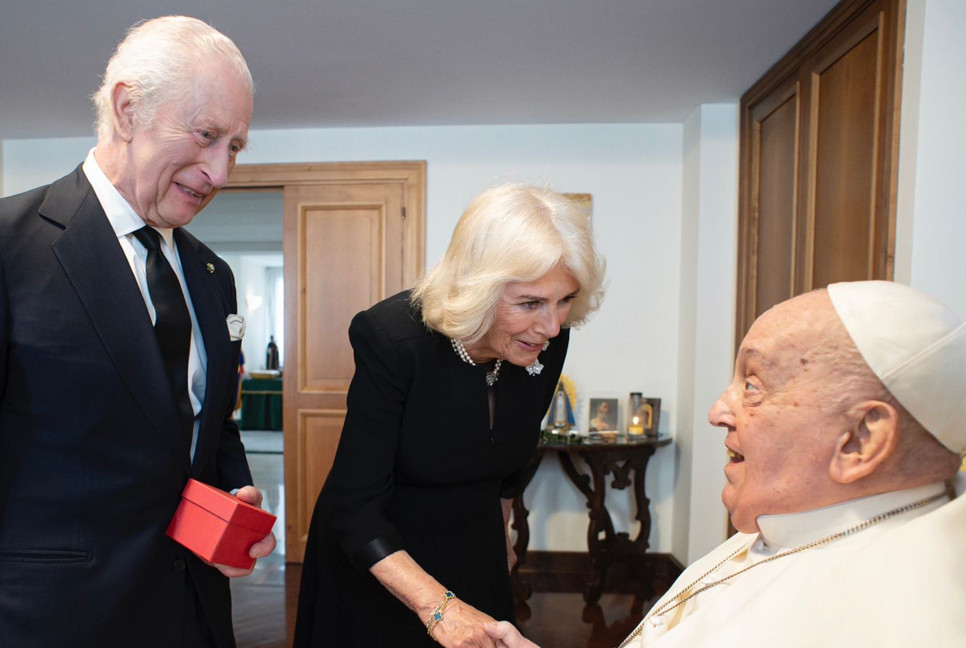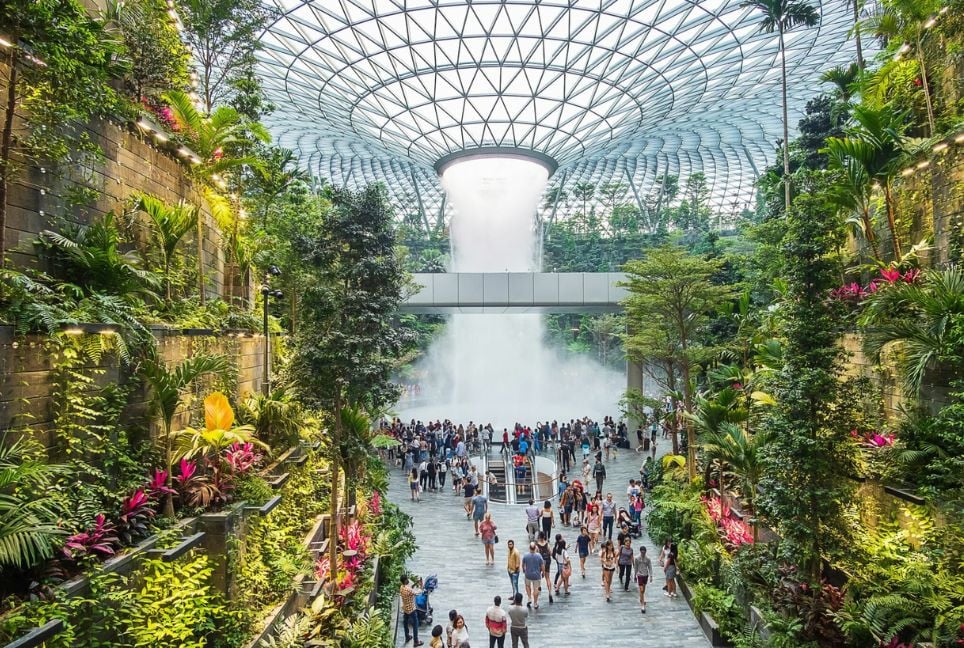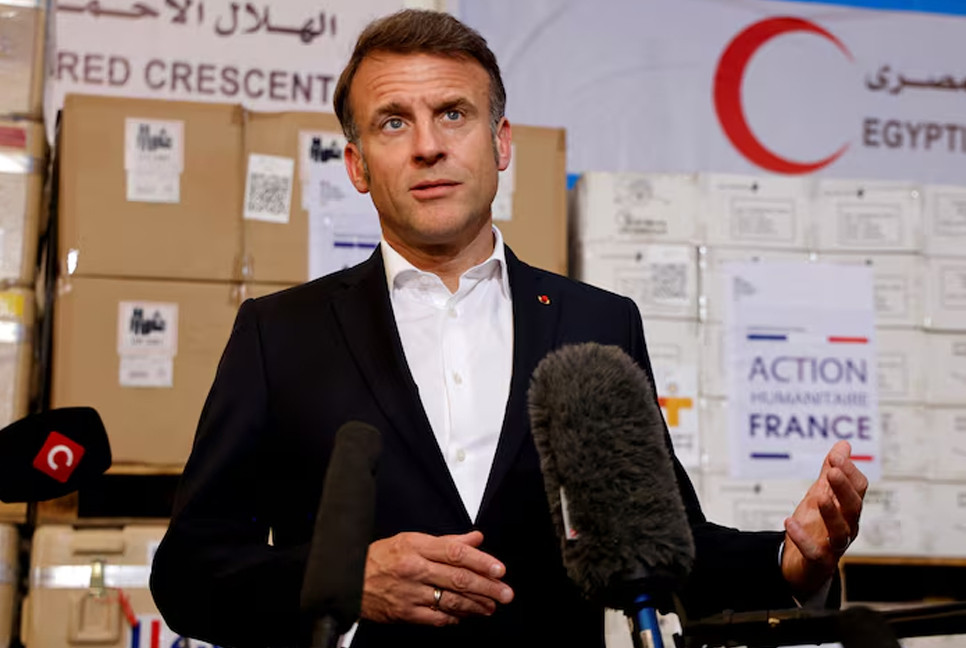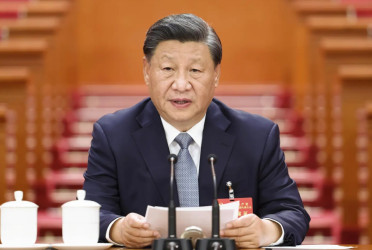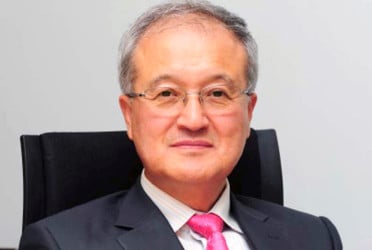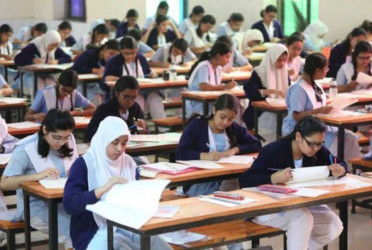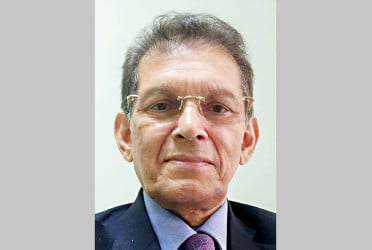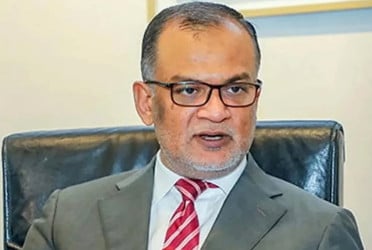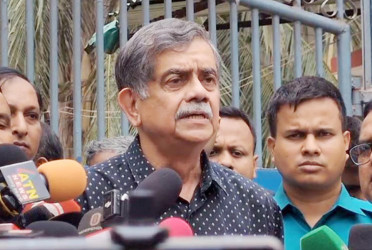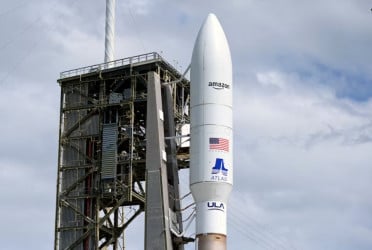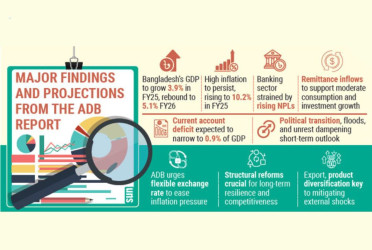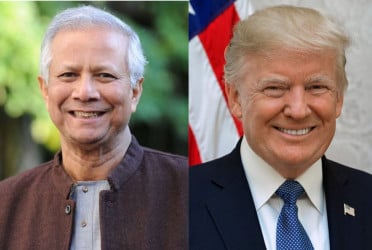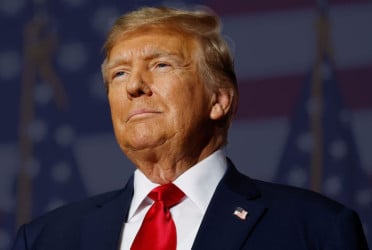Chinese President Xi Jinping on Saturday expressed his readiness to work with Donald Trump’s incoming administration to ensure a "smooth transition" in bilateral relations.
He made the remarks during his final meeting with outgoing President Joe Biden on the sidelines of an Asia-Pacific summit in Lima, which has been overshadowed by concerns over potential trade wars and diplomatic tensions as Trump prepares to take office in January.
After exchanging handshakes at Xi’s hotel in the Peruvian capital, the Chinese leader reaffirmed Beijing’s commitment to stable ties with Washington. "China is ready to work with the new US administration to maintain communication, expand cooperation and manage differences, so as to strive for a smooth transition of the China-US relationship," Xi said in translated comments.
Xi Jinping and Joe Biden, who have worked to ease tensions on issues ranging from trade to Taiwan, held their second meeting since a landmark summit in California last year and their third overall. The face-to-face discussion took place on the sidelines of the Asia-Pacific summit in Lima.
Biden expressed satisfaction with their collaborative efforts, saying, "I am very proud of the progress we both made together." He added, "Our two countries cannot let any of this competition veer into conflict. That's our responsibility, and over the last four years, I think we've proven it's possible to have this relationship."
However, concerns loom over Donald Trump’s return to the Oval Office, accompanied by several China hawks in his team. During his first term, Trump launched a trade war with China, imposing tariffs that prompted retaliatory measures from Beijing.
Donald Trump has signaled a renewed confrontational stance toward China, threatening during his campaign against Democrat Kamala Harris to impose tariffs of up to 60 percent on Chinese imports.
In response, Chinese President Xi Jinping emphasized the need for collaboration, stating that China and the United States should "inject more certainty and positive energy into the turbulent world."
During their meeting, the White House reported that outgoing President Joe Biden raised several contentious issues, including Taiwan, which China claims as its territory. Biden expressed "deep concern" over Beijing's support of Russia’s defense industry amid Moscow’s invasion of Ukraine and condemned North Korea’s deployment of troops to Russia, a move aligned with Beijing.
Amid the uncertainty surrounding Trump’s return to the Oval Office, Biden and Xi focused on ensuring stability. US National Security Advisor Jake Sullivan described the transition as a critical time where "stability in the US-China relationship is essential." However, Sullivan clarified that Biden was "not a conduit" for any backchannel messages from Xi to Trump.
On the sidelines of the Asia-Pacific Economic Cooperation (APEC) summit in Lima, Biden and Xi also engaged in informal discussions. The APEC summit, which brought together leaders from 21 nations, was dominated by concerns over protectionism and trade tensions. Xi reiterated his call for nations to "unite and cooperate," subtly criticizing Trump’s "America First" policies.
Biden used the summit to strengthen ties with key allies such as Japan and South Korea in preparation for Trump’s return. His approach to global issues like climate change contrasted sharply with Trump’s stance. As president-elect, Trump has threatened to withdraw from international climate agreements and expand fossil fuel drilling.
Following the APEC summit, Biden will travel to the Brazilian city of Manaus, becoming the first sitting US president to visit the Amazon rainforest, before attending the G20 meeting in Rio de Janeiro, where Xi is also expected to participate.
(Source: BSS NEWS)
BD-Pratidin English/Mazdud

